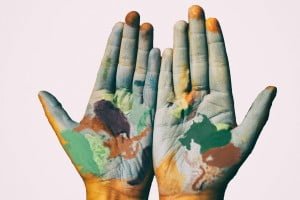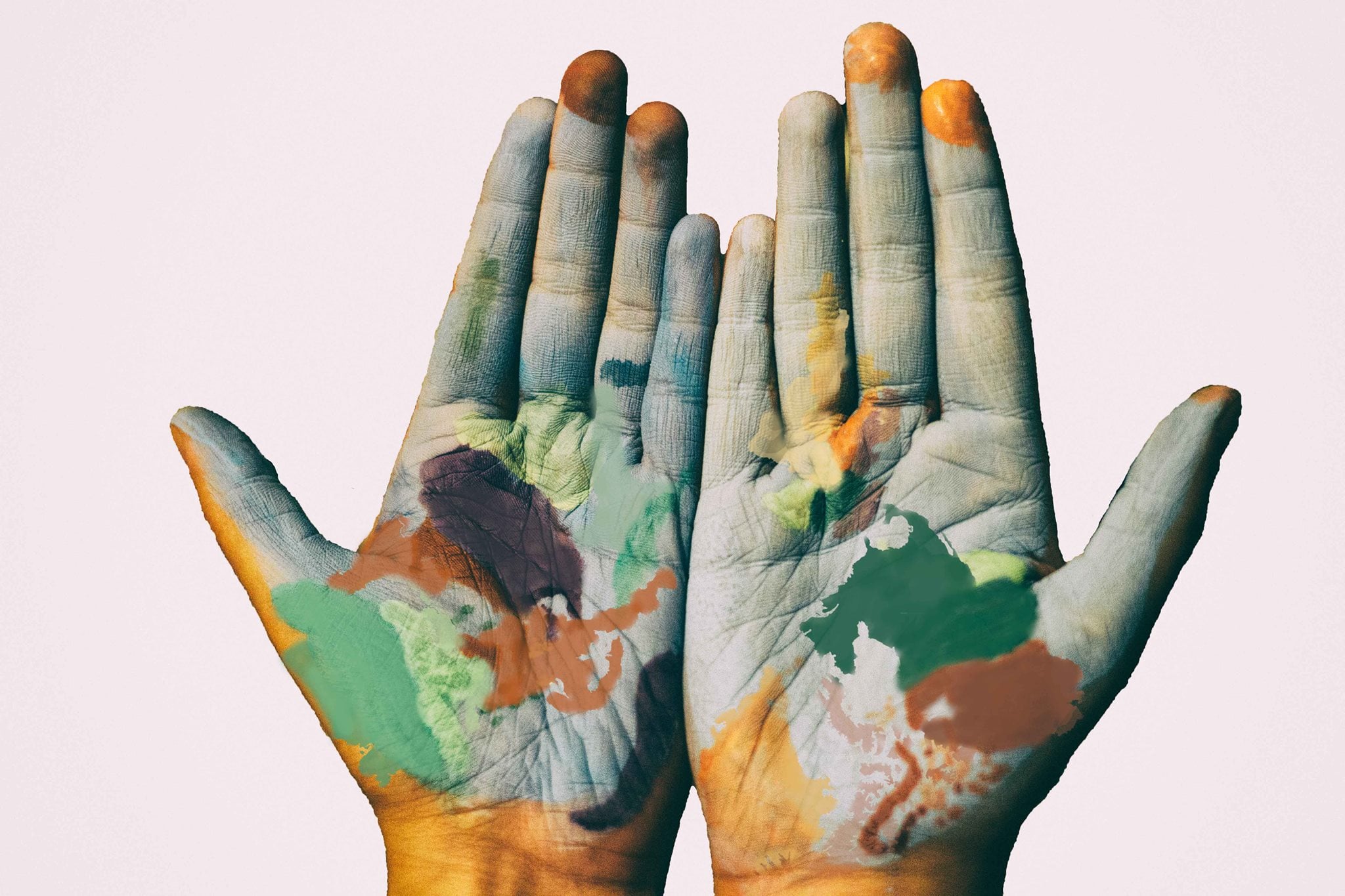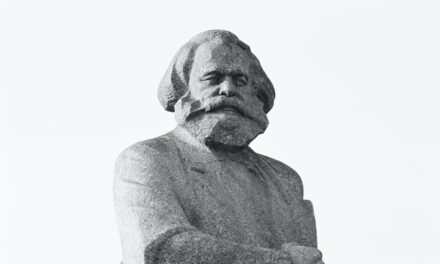
© Abby Smith Photography
A home is a place. Home is friends and family. It is a reverie of the past. The feeling like you belong. But for the thousands of international students who travel to university each year, it becomes just that, a memory.
When you take that very first leap to leave home for the first time the prospect of adjusting to a new way of life can be daunting, to say the least. During this time, the pressure to change can be tempting, but maybe there is some value in holding onto all the little things that make you… well you!
We don’t have to look any further than the recent racially motivated hate comments made by US President Elect Donald Trump against minority groups, to understand that this has become increasingly difficult to achieve. Around the world tension has been building, whether you are a refugee, politician or just simply a student wishing to study in a different country. There are some subtle and not-so subtle forces that are encouraging you to change your identity.
Shagun Agarwal, an international student from India, studying at DMU, explains; “We have become polarised in a very subtle way where everyone now has their own bubbles If I’m on one side of a debate, I’m always going to find people that are agreeing with me and opposing groups are so strong that you never feel the need to talk to them.”
“No one talks anymore, you just tend to speak within your own groups. That is why there is so much polarisation of perception and thoughts, there’s not actually any discussion, it’s just everyone saying ‘I’m right’.”
It is this lack of conversation that can be associated with the creation of an ‘us and them’ mentality, if you are different or stand out then you are ‘the other’. It might sound like an anti-phrase but being in this position can have its benefits.
Shagun describes; “Since I am considered the ‘other’ I have the advantage of being anyone. Before it used to annoy me like ‘oh I’m not Indian/ English enough’ or accepted in that sort of sense.” he says, confidently. “Then I changed my perception to realise that I don’t have to be confined to one form of identity, or confined to a certain area or region. I can be whoever I want and I can choose who I am and that forms the basis of what my identity is.”
“You can either tell yourself that you can be anyone you want and that’s liberating or you tell yourself that you are no one and that is scary. That’s a personal choice you have to make.”
Being brave enough to embrace the essence of who you are not only benefits you but helps those around you understand and learn about other cultures, practices and customs that are foreign to their own.
More often than not we realise the value of diversity only when it is not there anymore. It is important to appreciate those who are different and perhaps in doing so, can help those who need to feel acceptance the most. Ultimately, identity is what you make of it. It is individual to everyone. And it is up to you to decide who you are.




